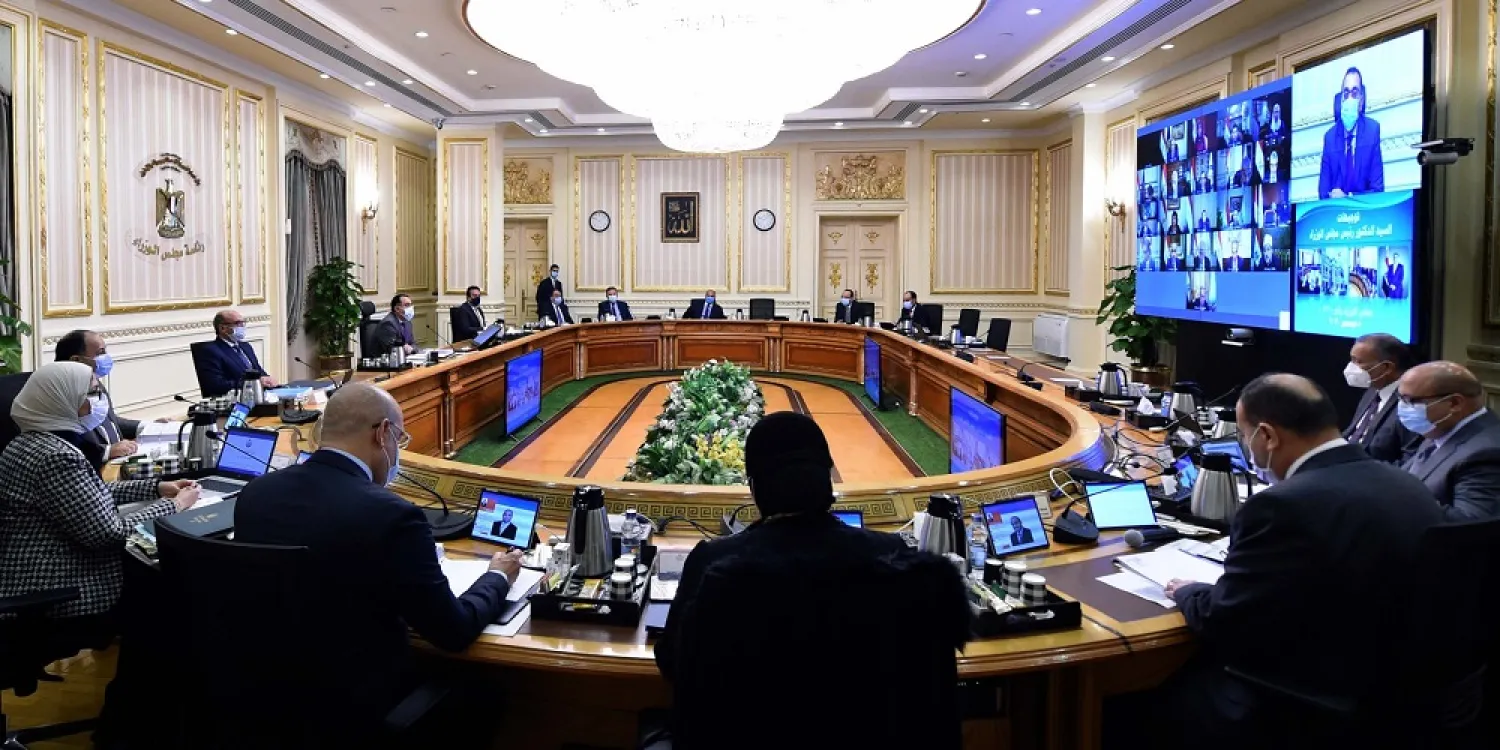Egypt’s Ministry of Awqaf has linked the continued opening of mosques with people’s abidance by the health measures amid the ongoing novel coronavirus pandemic.
Awqaf Minister Mohamed Mokhtar Gomaa said the country’s supreme committee tasked with managing the pandemic decides the opening or closure of institutions during the health crisis, including places of worship.
He affirmed that his ministry is committed to the decisions issued by the committee in this regard.
All mosques are regularly being disinfected, Gomaa stressed, noting that the toilets in mosques will not be opened and only people wearing masks will be allowed to enter.
The Minister explained that if people do not abide by the simplest health measure, which is wearing masks, the mosques will not be opened.
Meanwhile, the government stressed Tuesday the importance of the implementation of necessary preventive measures to fight the pandemic, the most important of which is wearing masks.
During a weekly cabinet session, Prime Minister Mostafa Madbouly ordered relevant authorities to fine violators of the health protocols.
Minister of Higher Education and Scientific Research Khaled Abdel Ghaffar pointed out that university hospitals have been providing their services to patients, adding that the availability of necessary medications and medical supplies is monitored on a daily basis in accordance with the announced protocols.
In the same context, the Health Ministry underscored the hospitals’ readiness to confront the second wave of the coronavirus by developing the infrastructure of 44 hospitals and gas networks, providing 100 oxygen tanks, increasing the capacity by 7,500 beds, 1,500 intensive care beds and 325 ventilators, as well as adding 17 computed tomography (CT) machines.
According to a recent statement by the Health Ministry, 202 recovered patients were discharged from hospitals after receiving the necessary medical care.
The ministry said 415 new cases were recorded as well as 19 deaths, raising the infection tally to 118,847, including 103,703 recoveries and 6,790 fatalities.









